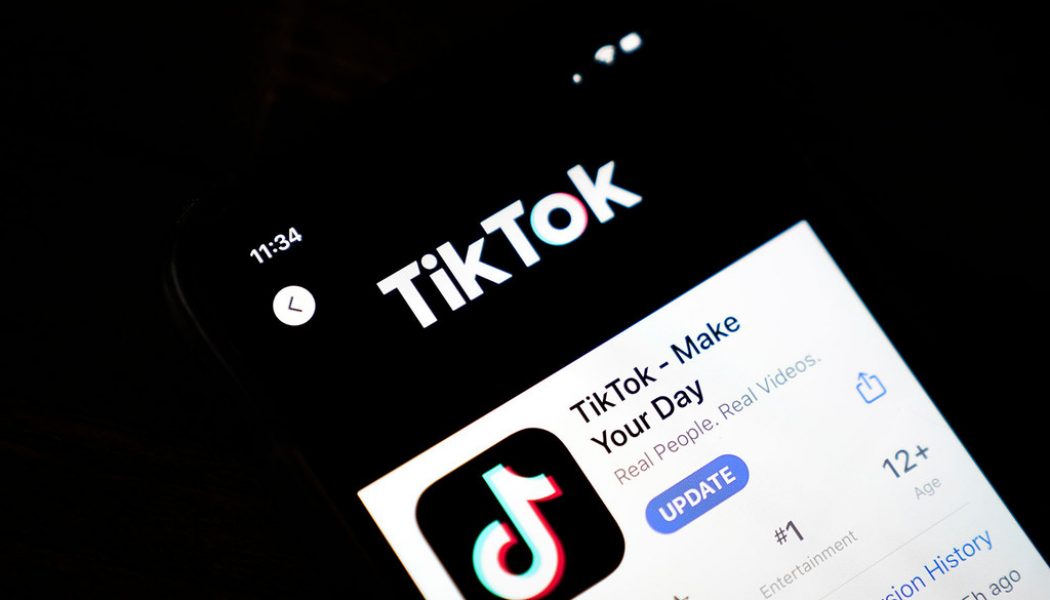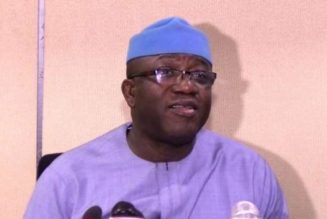
The Department of Justice argues a TikTok employee’s fear that the executive order banning transactions with Beijing-based parent ByteDance will keep him from getting paid isn’t enough to warrant a temporary restraining order that would keep the Department of Commerce from enforcing it.
President Donald Trump on Aug. 6 issued an order that would bar “any transaction by any person” with ByteDance or any of its subsidiaries. TikTok on Aug. 24 sued, arguing its due process and first amendment rights were being violated. The same day, a technical program manager named Patrick Ryan sued Trump and U.S. Secretary of Commerce Wilbur Ross Jr. arguing that the vaguely worded ban on transactions between U.S. persons and ByteDance could mean that he can’t get paid. Earlier this month, he filed a request for a preliminary injunction that would prevent enforcement of the order. The court suggested that if Ryan was seeking expedited relief he should file a motion for a TRO instead, which he did.
In a response filed Thursday, DOJ lawyers argue that Ryan can’t prove he’d be irreparably harmed by the order because his concern over lost income is speculative until Ross issues further guidance on Sept. 20 and loss of money isn’t enough harm to justify a temporary restraining order. The DOJ also claims Ryan — who, along with TikTok, has alleged the ban is merely part of Trump’s anti-China reelection rhetoric — isn’t taking the national security threat seriously enough.
“[E]ntry of an order that substitutes the views of a single TikTok employee for that of the Executive Branch would improperly frustrate and displace the President’s exercise of discretion, and would not serve the public interest,” states the opposition, which is posted in full below.
Trump’s lawyers argue Ryan can’t claim his due process rights have been violated “because, even though he is an employee of TikTok, the Executive Order does not directly affect him.” Even if it did, the DOJ argues, Ryan is an employee of a private company and doesn’t have “a property interest in future wages and unearned salary.”
“And assuming Plaintiff can pursue a substantive due process claim, judicial review is ‘a very narrow one,’ meaning the Court must ‘merely look to see whether the government could have had a legitimate reason for acting as it did,'” argues the DOJ. “He suggests that the President has not demonstrated to Plaintiff’s satisfaction the significance of the threat posed by TikTok, implying that the reasons provided in the Order are pretextual. As an initial matter, Plaintiff has failed to rebut the presumption of regularity that attaches to the President’s decisions.”
The DOJ also argues Ryan has no business questioning whether the executive order was issued in response to a bona fide national emergency — and neither does the court. The Trump administration is arguing it would be unprecedented for a court to tell a president what constitutes a national emergency because it’s a “nonjusticiable political question” and that Congress hasn’t created a right of action for a private citizen to challenge a president’s invocation of the International Emergency Economic Powers Act and the National Emergencies Act.
“Plaintiff argues he is irreparably harmed because he allegedly will lose his income and will be subject to emotional and reputational harm,” writes the DOJ in the filing, arguing that not only is that injury speculative but also “it is well-established in this Circuit that ‘[m]ere injuries . . . in terms of money . . . are not enough.'”
If U.S. District Judge Vince Chhabria decides to grant the TRO, the DOJ argues that it should only apply to Ryan because he has no standing to assert the interests of other TikTok employees. A hearing is currently set for Tuesday.
This article originally appeared in THR.com.










